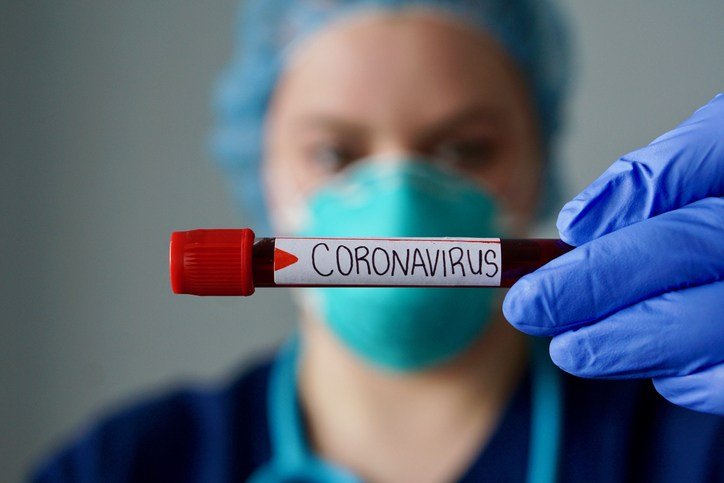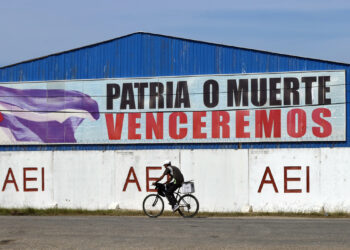Cuban scientists adapted “in record time” a diagnostic system already existing in the country so that it can identify cases of COVID-19 based on antibodies, the state-run BioCubafarma group producer of medicaments reported this Thursday.
Designed by researchers from Havana’s Immunoassay Center (CIE), the diagnostic test uses the ELISA technique, which identifies small particles and germs that cause disease, and is based on SUMA technology (Ultra Micro Analytical System), produced by the CIE during the 1980s.
SUMA is an advanced Cuban diagnostic technique that uses small amounts of samples and saves reagents. In the country it is applied above all in the Neonatal Screening, Blood Certification and Epidemiological Surveillance programs.
https://www.facebook.com/BioCubaFarma/posts/2277742392521522
Thanks to this technology, Cuba became the second country in the Americas to have a complete diagnosis and care program for congenital hypothyroidism.
It is currently used in several countries, including Mexico, Colombia, Brazil, Argentina, Venezuela, Peru, Ecuador and China.
However, this test must still complete the established protocol for its production and large-scale application in the detection of the coronavirus. This was explained by Rebeca González, institutional communicator of the CIE, who told the Agencia Cubana de Noticias news agency that after completing the development stage, field tests will be carried out and then a stage of production, distribution and training will begin for the network of laboratories.
Producing its own test for COVID-19 would save time and money for Cuba, currently under the restrictions of the U.S. embargo, which makes it difficult to acquire goods abroad, including medicines and medical equipment with more than 10% American components.
Most of the country’s SARS-CoV-2 diagnostic tests so far come from donations from allied countries such as China and from multilateral institutions such as the Pan American Health Organization (PAHO).
Organización Panamericana de la Salud donó 100.000 pruebas PCR a Cuba para detectar el coronavirus
The Island is also conducting trials with “satisfactory preliminary results” of its own version of the antiviral Kaletra, with the aim of doing without imports and guaranteeing a stable supply of the drug, manufactured in the United States and widely used in COVID-19 patients.
Mass testing, isolation of positive cases, and identification―and also isolation―of contacts are, so far, the only strategies to curb the spread of the coronavirus, for which there are still no proven treatments or vaccines.
Cuban health authorities announced this Thursday that they will begin to carry out tests on a larger scale to detect the virus in risk groups without symptoms and places with local transmission events, with the intention of stopping the infection chains.
Cuba remains in the limited local transmission phase of COVID-19, which to date leaves has left a deal toll of 73 deaths and a total of 1,729 positive cases.
Despite the chronic shortage that the island is experiencing, attributed in part to the U.S. embargo and that also affects its pharmaceutical industry, the directors of BioCubaFarma assure that the 22 medicines that are considered to be able to help treat the coronavirus are guaranteed.
The Cuban Interferon Alfa-2B antiviral was one of the medications used by China in the beginning of the pandemic, which has motivated a growing number of nations in Latin America, Europe, Africa and Asia to request information or supply of the drug.










